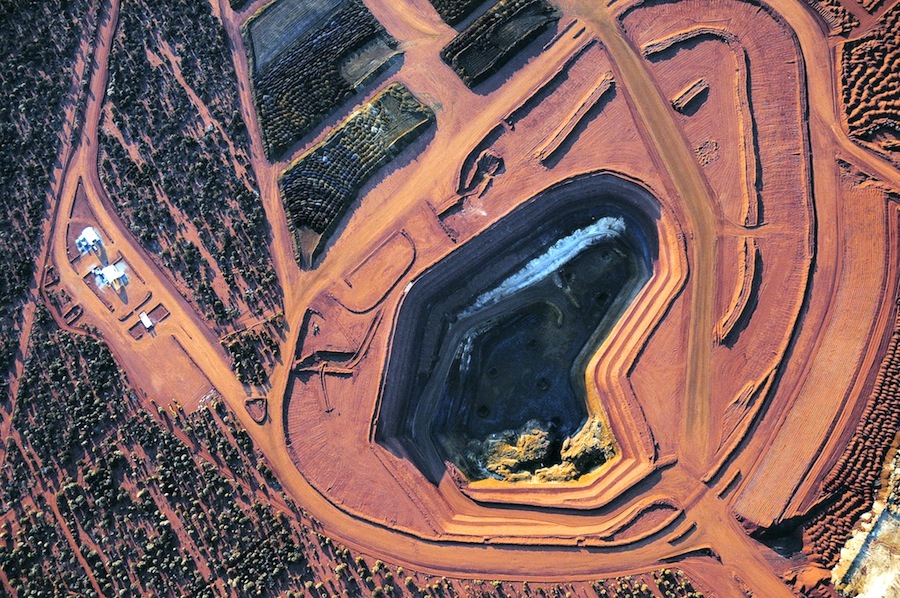Global miners to publish contracts and taxes in transparency drive

Major mining companies have committed to disclosing all mineral development contracts and related taxes signed from January 2021 to strengthen mineral resource governance, the International Council on Mining and Metals (ICMM) said on Thursday.
The ICMM’s 29 members include the world’s biggest listed miners BHP and Rio Tinto.
“Contract and tax transparency are two critical components of a safe, fair and sustainable mining and metals industry,” ICMM chief executive Rohitesh Dhawan said in a statement.
“The former allows citizens to understand what should have been paid, and the latter enables them to see what has actually been paid,” Dhawan added.
Oversight over how much tax public companies pay is part of a global drive by regulators to improve transparency across industries, with large investors scrutinising tax bills as well as profits.
In October, a global deal to ensure big companies pay a minimum tax rate of 15% was agreed by 136 nations, making it harder for such companies to avoid taxation, for example.
The ICMM also said that the tax contribution reported by its members totalled $23.7 billion in 2020, a tax rate of 39.7% and an increase of 5% on 2019.
The report, produced by PwC, shows that between 2013 and 2020 ICMM members paid $185 billion to tax authorities across the world.
“Publishing contracts is a powerful weapon against corruption, enabling contracts to be compared, and creating a level playing field for business,” said Helen Clark, chair of the board of the Extractive Industries Transparency Initiative (EITI), which sets a global standard for good governance in oil, gas and mineral resources and is supported by 55 countries.
For mining companies, investing in resource-rich countries can pose risks if those countries are politically unstable, have unclear regulatory environments or corruption, as business there could be scrutinised by international authorities.
Countries with rich mineral resources have also argued that they must capture value for their citizens when commodity prices are high.
(By Clara Denina and Zandi Shabalala; Editing by Susan Fenton)
{{ commodity.name }}
{{ post.title }}
{{ post.date }}




Comments